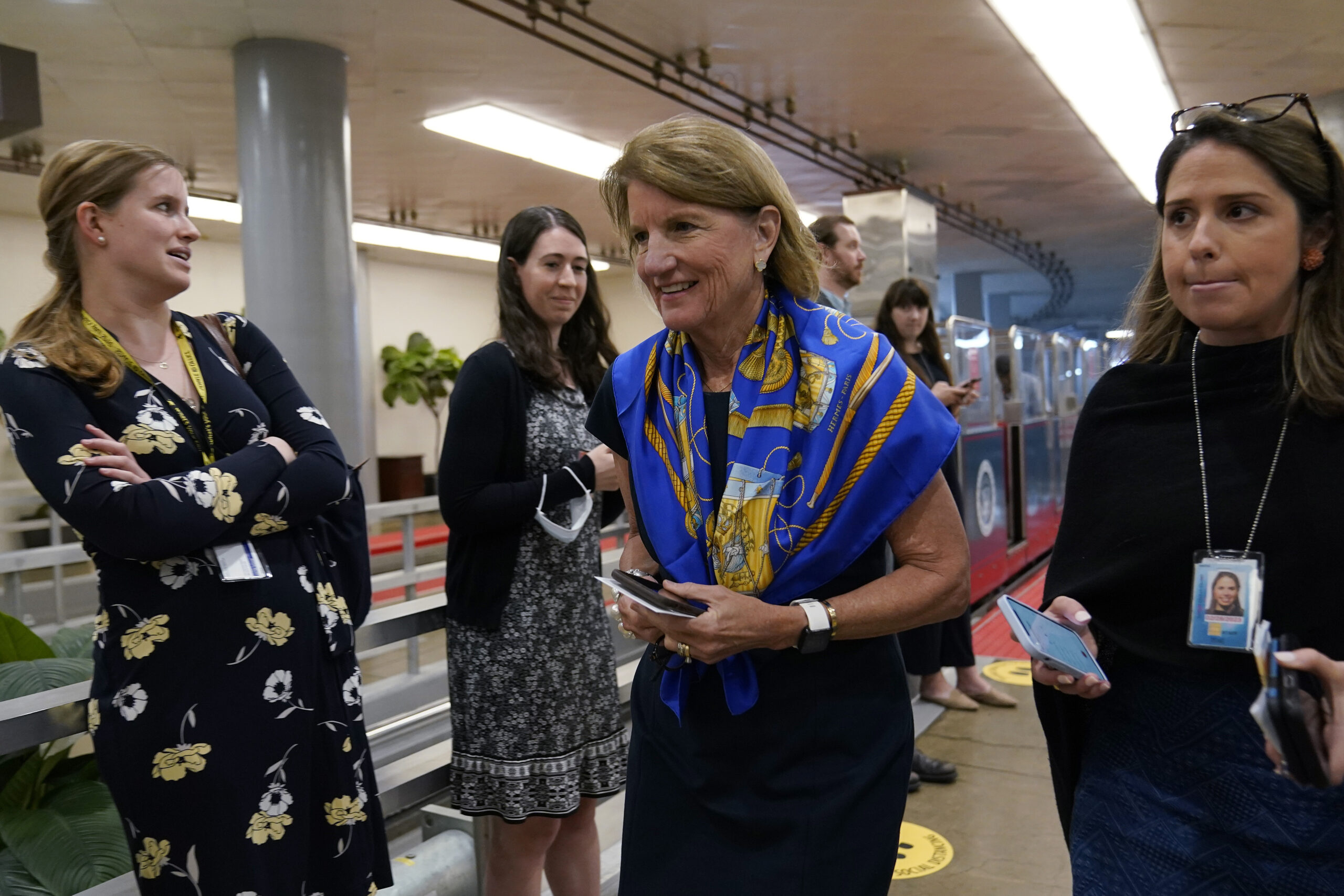A couple weeks ago, Sen. Shelley Moore Capito said of President Biden and Democrats’ $3.5 trillion “human infrastructure” plan: “I’m very concerned about how this will impact West Virginians and West Virginians’ budgets.”
Capito seems to be solely focused on increased corporate and wealth taxes and the potential for inflation, while intentionally ignoring all the aspects of the “human” or “social” infrastructure plan that will greatly benefit West Virginians.
For their purposes, Biden and Congressional Democrats use human infrastructure to refer to the systems that allow Americans to live healthier, more stable lives. According to the latest report from The New York Times, the proposal will focus on universal pre-K for 3- and 4-year-olds, two years of free community college, lower prescription drug prices, expanded Medicare benefits to cover vision, dental and hearing, as well as investments in child care (in line with the current tax benefit), home care and a big push toward clean energy and addressing climate change.
The human infrastructure’s push for increased and more affordable child care will be a boon to West Virginians. A 2020 post from the West Virginia Center on Budget and Policy reports there were three children to every one available slot in “child care centers, licensed homes and school-age care programs prior to COVID-19.” According to a White House report, the average two-income household in West Virginia spent 7% of its income per year per child to keep a toddler in day care. A report from Child Care Aware of America noted that before and after school programs at a child care center in the state cost an average of $6,110 in 2019 — about 11% of the median dual household income and 44% of the median single household income. Having child care and pre-K covered would take a huge financial burden off West Virginia families’ shoulders.
In our modern economy, some kind of higher education or technical training is a must to get a job, but college tuition has skyrocketed, outpacing earnings. Two years of free community college should be enough to get an associate’s degree, which is enough for jobs such as air traffic controller, radiation therapist, dental hygienist and web developer, according to Monster, a job search site. Being able to enter the workforce without thousands in student debt puts young adults in a better position to reach the same milestones their parents and grandparents did, such as purchasing housing, starting families and saving for retirement.
As far as home care and expanded Medicare are concerned, there is no question that West Virginia will benefit. Home care, like what is proposed in Biden’s plan, is “care that allows a person with special needs to stay in their home” such as the elderly, chronically ill or disabled, according to Medline Plus. Our census statistics say 20% of West Virginia’s population is age 65 or older, and 14% under age 65 have a disability. That’s more than a third of the state’s population that could benefit from home care — not to mention the jobs home care creates or the potential income for people who are already acting as unpaid caregivers. All this, plus the financial and health benefits of lowered drugs costs and expanded Medicare as proposed in the plan.
It looks to us like the only West Virginians and their budgets Capito is worried about are the wealthy elite — like herself.




